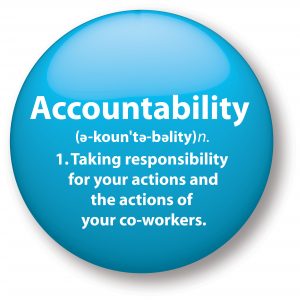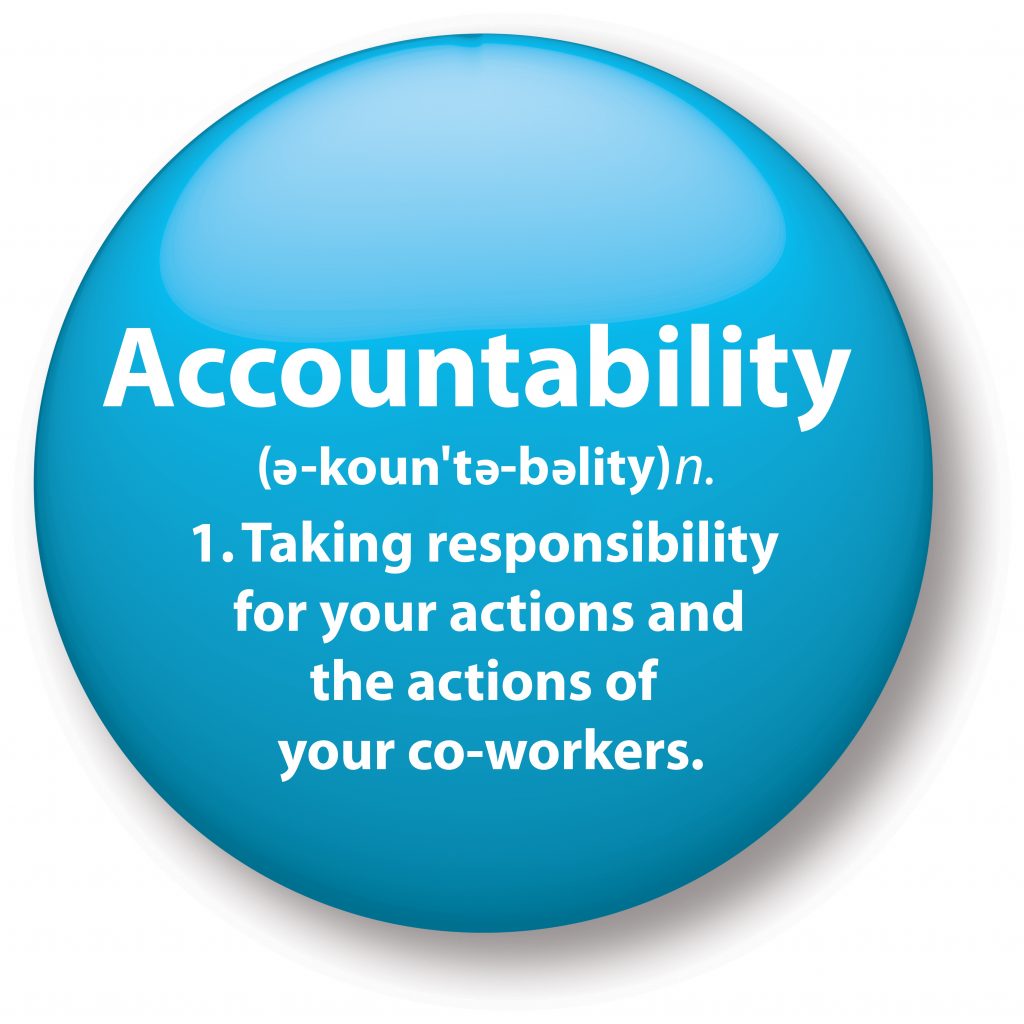Running a growing enterprise often provides little time for strategic thinking. In fact, according to The Persimmon Group and Center for Creative Leadership, only 4-7% of business leaders are considered strategic thinkers. If you’re one of the lucky ones, good for you!
Unfortunately, most entrepreneurs are consumed by day-to-day operations. So instead of settling into their favorite spot for deep thinking, most collapse at the end of a demanding day.
Although the struggle to find time for strategic thinking is a reality, it remains a vital business skill.
No Time for Thinking?
There are several underlying reasons for the inability to find time for strategic thinking.
For instance, your business model may not work as well as planned. Or perhaps your business model has become obsolete.
For some business owners, their service is underpriced. Sadly, underpricing can lead to over-commitment to meet your financial obligations.
Equally important is delegating to your team and trusting them to deliver.
Although each of these adds to the challenge of having time to master strategic thinking, all is not lost!
Strengthen Your Strategic Muscles in the Cracks of Time
“Cracks of time” are found while waiting for a Zoom meeting to begin. Or when stuck in traffic or waiting in line at Starbucks. So rather than wrapping yourself around the angst of the wait, use this time to sharpen your thinking.
Here are a few ways to get started:
1. Reflect during “Wasted” Time (Daily): Wasted time is the moments not being spent productively. Examples include jumping from one task to another, being irritated by things you can’t control, or scrolling through social media to combat fatigue.
Instead, reflect on what you can do differently to avoid unproductive, costly time at the end of each day.
2. Consider Egocentrism (Daily): Personal bias and egocentrism keep us from seeing beyond self-favor.
While planning your day consider how your bias might be getting in the way of achieving your goals. Then, ask yourself, “what would a rational person with no emotional bias do in your situation?” Hmmm!
3. Solve a Problem (Daily): Make traffic work for you. Use your drive time for reflection and problem-solving. Focus on a problem with a solution rather than waste time (See #1) thinking about things beyond your control. And consider your options for action in the short-term and long-term.
4. Focus on Intellectual Standards (Weekly): The Universal Intellectual Standards defined by the Paul-Elder Critical Thinking Model (Paul and Elder, 2001) include:
- Clarity
- Precision
- Accuracy
- Relevance
- Depth
- Breadth
- Logical
- Significance
- Fairness
- Sufficiency
Each week, select a focus to improve one of these areas.
For instance, consider glitches, typos, missteps, and do-overs during accuracy week. In addition, ask questions related to your accuracy, such as, “Did I spell check?” or “Am I communicating instructions clearly for the reader?”
Also, consider reading up on the subject to move you beyond your immediate understanding.
5. Select an Intellectual Trait to Internalize (Monthly): The Universal Intellectual Traits according to the Paul-Elder Critical Thinking Framework include:
- Humility
- Courage
- Empathy
- Autonomy
- Integrity
- Perseverance
- Reason
- Fair-Mindedness
Focus on strengthening one trait each month. For instance, during your courage month, consider how you might push beyond your comfort zone to accomplish a truly remarkable and inspiring feat.
6. Analyze Business Influences (Quarterly) Who—or what—inspires your actions? Look around you. Equally important, what traits do you admire in others? Then, carefully select who—and what—you emulate. After all, Oscar Wilde said, “imitation is the sincerest form of flattery.”
Become your unique brand of entrepreneur. As is the case of business branding, skills need continual refinement.
It’s a Wrap!
By utilizing the seemingly insignificant “cracks of time” in a different way, you can begin to invigorate your strategic thinking muscle. And you will be better equipped to address problems and recognize opportunities.
If you’re ready to strengthen your strategic thinking muscles, we’re here for you.










 Before the digital revolution, we may have
Before the digital revolution, we may have 







